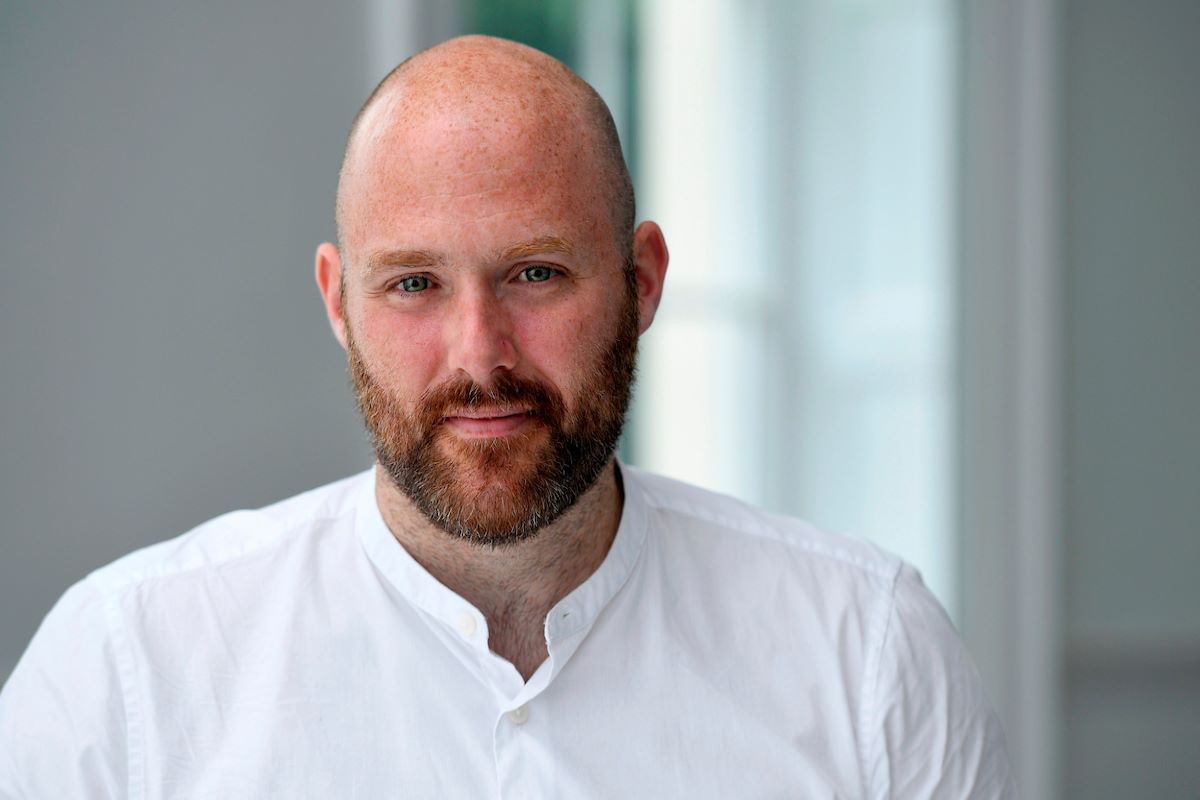Dear PR and comms pros; your job is to help make people immortal

I don’t know about you, but if you work in PR there is a question you have either been asked several times before by well-meaning outsiders or you have considered at length yourself.
That question is… what’s the purpose of PR?
For an industry that prides itself on, and charges for, clear, uncomplicated, and compelling communication it’s surprising how often answers veer into the abstract or longwinded response. Pithy they are not.
I’m here to simplify it for us all my valued industry colleagues. Your job is this …to help make people immortal.
It’s a big ask, I grant you. But it is possible, so bear with me while I introduce you to philosophical anthropologist Ernest Becker.
The biological and symbolic self
Becker published two influential works in the 1970s – The Denial of Death (1973) and Escape from Evil (1975). Paraphrasing Becker’s work as succinctly as I can, he argues that there is a tension that exists within all human beings. That tension is that we are all ultimately biological entities with limited physical capabilities. We are simultaneously symbolic entities with endless capabilities.
Our symbolic selves are capable of the most amazing feats of creativity, expression and invention. These feats can outlive us all as a testament that endures long after our biological selves have ceased to be. There are countless examples of these feats, not least the human societies we have built, maintained and live in currently.
However, at the core of our being is the fragility of our existence. Becker says: “This is the terror of death. To have emerged from nothing, to have a name, consciousness of self, deep inner feelings, an excruciating inner yearning for life and self-expression and with all this, yet to die.” – The Denial of Death (1973)
But this ‘terror’ is deeper than just the fear of dying. What we actually fear is ‘impermanence and insignificance’ or the idea that we may live a life that is ultimately meaningless.
Immortality projects
So, what do we do when confronted with our fragile biology, how incomprehensible the essential truths of the universe are to our monkey brains and our own insignificance and impermanence?
It’s quite the existential dilemma. Almost enough to make us sit around paralysed in a state of neurotic terror.
Well, we don’t do that. Over thousands of years humans have created ways to numb the impact of this terror. Organised religion, psychoactive substances or just focusing intensely on our day to day lives (what Becker terms ‘tranquilising ourselves in the trivial’) have done this for us.
But this is where it gets interesting. As well as these obvious comfort mechanisms we also see that faced with this existential conundrum Becker argues that people engage in a protest against their insignificance via ‘a defiant creation of meaning’.
Weset out on a hero’s journey seeking out significance and permanence throughout our lives and creating what Becker terms ‘an immortality project’. In other words, living a life that has meaning while we are living it and after it ends.
This ‘immortality project’ could be a Nobel Laureate finding cures for diseases or a single parent raising four children trying to build a better a life for their kids. We raise families, produce great works of art, run marathons, create businesses, invent things, build buildings, and generally find ways to make our impact live on after we die.
Society and culture
One of the strengths of our societies is that it provides many pre-made / moulded societal roles we can adopt and adapt to these ends. These roles help us create the illusion of significance and permanence. You may be a homeowner, an entrepreneur, an investor, an environmental activist, a Liberal Democrat, a Catholic, a Liverpool fan etc.
Whatever these roles are they help us to make meaning, ascribe us tribes and give us a focus to which we dedicate ourselves and our valuable time. In short, a focus on something that makes us greater than the sum of our parts that is crucial to our sense of self. In many ways human culture is the combination of billions of different immortality projects all working alongside each other. Sometimes in tandem. Sometimes at odds.
All the identity tenets you hold dear are just illusions or stories you tell yourself to provide comfort about your own mortality. Does that now destroy them?
No. No. No.
We fundamentally need to tell ourselves stories and to put our energy into our immortality projects to give our lives meaning and make them productive. They help us to derive as much joy, significance and societal benefit from our short lives as humanly possible.
Storytelling, amateur anthropology and PR
So what? Well, to some degree in our job we need to be amateur anthropologists. We need to know what motivates people (our audiences) into action and why. We are storytellers. Storytelling is at the heart of how we experience the world. As Becker argues so effectively, storytelling literally animates us and gets us out of bed every day, whether we are always aware of it or not.
If we want to reach people and motivate them to act, we need to be the best possible storytellers and understand the heroic journey our audiences are on and the immortality projects they dedicate their lives to. If we understand that well enough it should help us to communicate with them authentically and ultimately better. Whether its consumers, business owners, princes, or paupers everyone is trying to be immortal, and we need to understand that it’s our job to help them achieve that.
Understanding that is central to how the consumer finance team at MRM works. If you’re interested in talking more about ways to tell your story to more of the people that matter, then my colleagues at MRM and I would love to help make you immortal.
